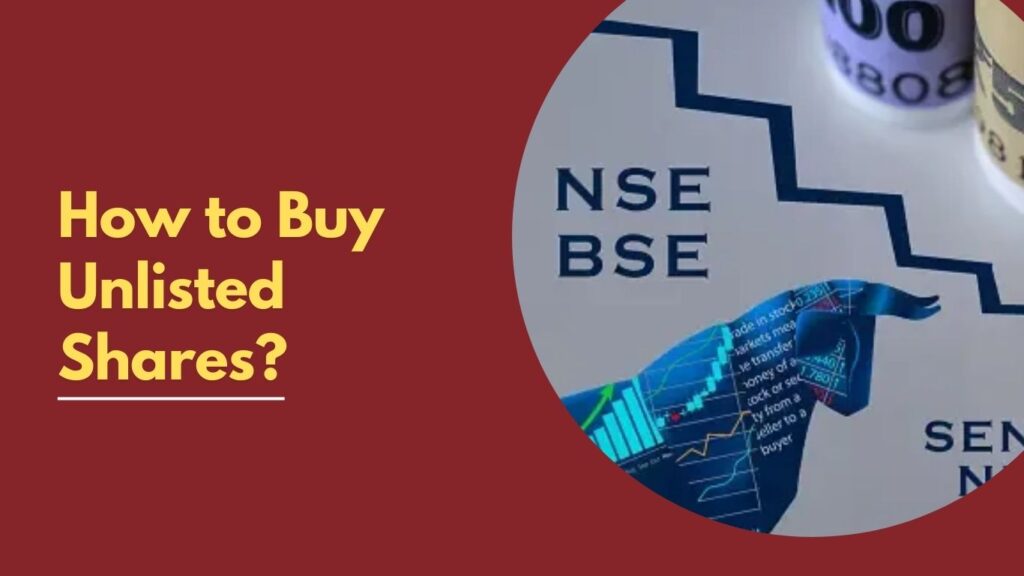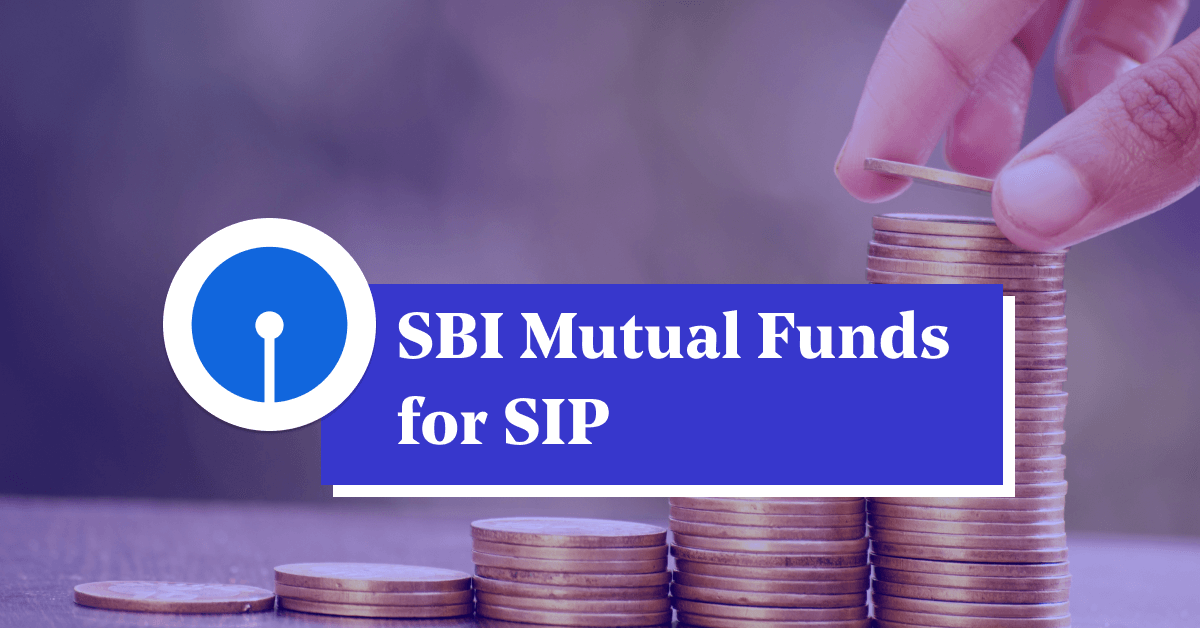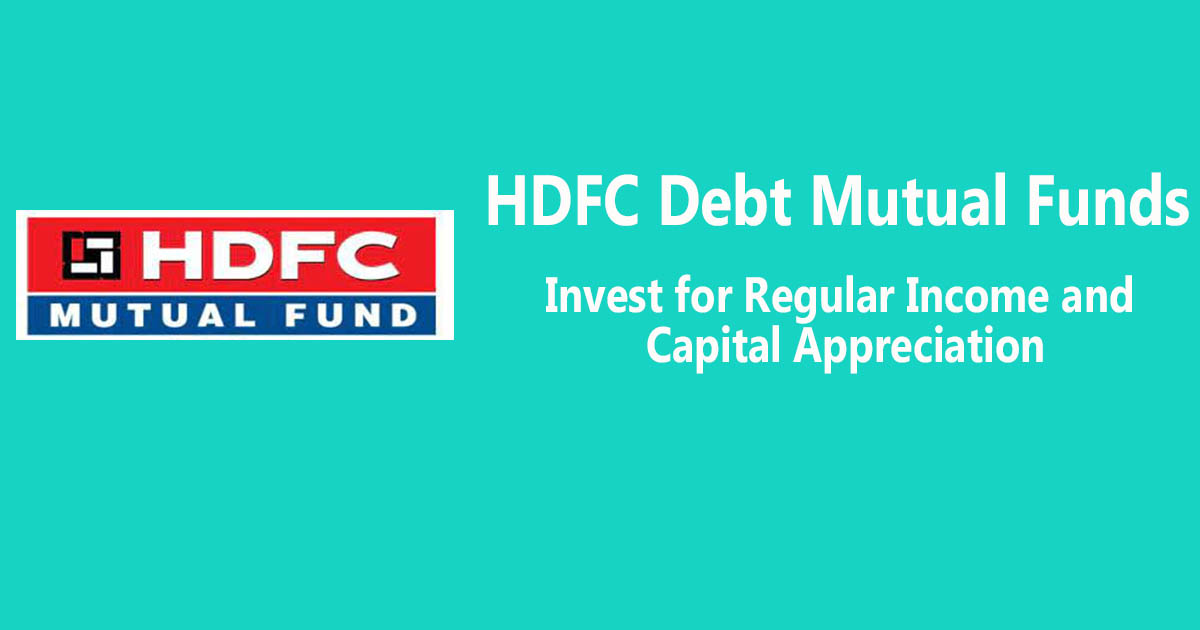Investing in unlisted shares has gained significant traction, especially among investors looking to earn higher returns by acquiring stakes in pre-IPO (Initial Public Offering) shares of prominent companies. Unlisted shares are those not yet traded on any stock exchange. This article delves into the process of buying unlisted shares, their potential benefits, and the risks involved.
What Are Unlisted Shares?
Unlisted share are privately held shares of a company that have not been made publicly available before the IPO. These shares are often held by the company’s promoters, early investors, employees, or strategic partners. However, before a company goes public, these shares can be traded in the Over-the-Counter (OTC) or gray market.
Key Reasons to Invest in Unlisted Shares
High Earning Potential: Pre-IPO shares are typically available at a discount compared to their expected market value post-IPO. Once the company gets listed on a stock exchange, the share prices could rise, offering investors substantial profits.
Portfolio Diversification: Many unlisted companies operate in innovative and fast-growing industries. Investing in these firms can diversify your investment portfolio and provide stability alongside the potential for high returns.
Early Investment Advantage: Being an early investor in high-growth companies such as Swiggy, OYO, and Chennai Super Kings offers the opportunity to benefit from their long-term success as they evolve into major market players.
Read Also: These 5 Multibagger Stocks Can Give Big Returns in Short Term
Risks of Investing in Unlisted Shares
While unlisted shares can offer significant rewards, they also come with risks. These shares tend to be less liquid, harder to value, and carry a higher level of uncertainty. Investors need to be aware of the potential volatility in these pre-IPO investments and carefully evaluate the company’s fundamentals before investing.
Where and How to Buy Unlisted Shares?
1. Online Platforms
Many online platforms, such as Precise, now enable investors to buy unlisted shares. These platforms offer a seamless process, including quick transactions, research reports, and a user-friendly interface, making it easier for investors to participate.
2. Angel Investment Networks and Crowdfunding Platforms
You can also invest directly in startups through angel investment networks or crowdfunding platforms. These are excellent avenues for gaining early-stage exposure to high-potential companies before they go public.
3. Grey Market (OTC Market)
The gray market, an informal over-the-counter (OTC) market run by brokers and dealers, is another option for trading unlisted shares. However, it’s important to note that this market is not regulated by SEBI, which can lead to less transparency in transactions.
Process of Buying Unlisted Shares
The process of purchasing unlisted shares through platforms like Precise is straightforward:
Registration: Begin by registering on the chosen platform.
Select Shares: Browse through the available unlisted shares and select the ones you want to invest in.
Add Funds: Deposit funds using UPI, net banking, or other payment methods to proceed with your purchase.
Share Transfer: Once your purchase is completed, the shares will be transferred to your demat account within 24-48 hours.
Risks Associated with Investing in Unlisted Shares
Capital Risk: There is a possibility of losing your entire investment if the company underperforms or goes bankrupt. Unlisted companies may have volatile business models, increasing the potential risk.
Lack of Liquidity: Unlisted shares can be challenging to buy or sell, as they are not traded on public exchanges like listed shares. Selling them quickly might not be an option, making liquidity a concern for investors.
Delay or Failure of IPO: If a company delays its IPO or fails to list on the stock exchange, the value of its unlisted shares may drop significantly. For example, OYO’s unlisted share price halved after the company withdrew its IPO documents.
Fraud and Lack of Transparency: Some brokers or promoters may engage in fraudulent activities, such as selling fake shares or artificially inflating share prices. Such actions can lead to financial losses for investors who lack sufficient information.
Taxation Rules on Unlisted Share
Short-Term Capital Gains (STCG): If you sell your unlisted shares within 24 months, the short-term capital gains tax will be applicable according to your income tax slab.
Long-Term Capital Gains (LTCG): If you hold the shares for more than 24 months, the long-term capital gains tax applies at a rate of 12.5%. This rate was previously 10%, but has recently been increased.
Conclusion
Investing in unlisted share can provide significant profit potential, particularly when purchasing pre-IPO shares of fast-growing companies. However, it’s essential to understand the associated risks, including liquidity challenges and transparency concerns. With proper research and informed decisions, unlisted shares can enhance your investment portfolio.







